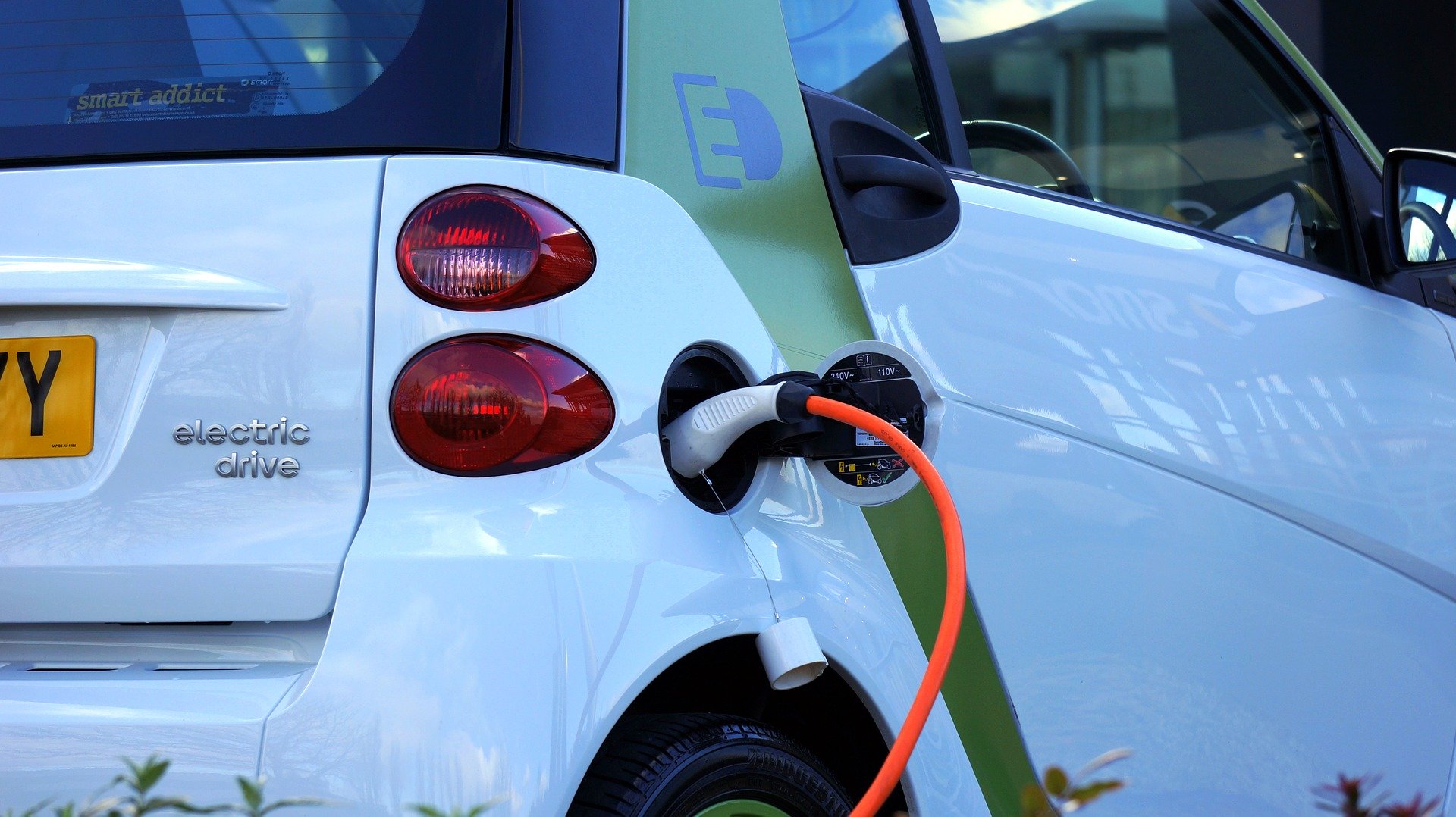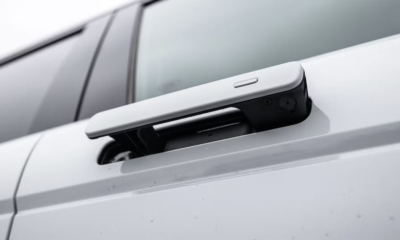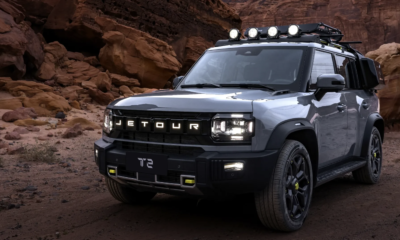Electric vehicle manufacturers seek government clarification on sale of EV without battery
While commending the government’s decision to allow the sale of vehicles without pre-fitted batteries, EV – electric vehicle manufacturers seek clarification about subsidies for buyers under the existing scheme.
Sohinder Gill, the Director-General of the Society of Manufacturers of Electric Vehicles, said a lot needs to be done before the move to delink batteries from EVs becomes practically implementable and beneficial to the customers. “We have sought clarifications on various aspects of the policy and hope the government would address them soon,” Gill said.
Tarun Mehta, the chief executive of electric scooter maker Ather Energy, said it was likely to take time for consumers to understand and adopt this model of ownership. Mehta pointed out that in the long run, it will be a big boost to the Indian EV industry.
Also read: Ather Energy’s Electric Scooter revolution in India: Founder Tarun Mehta on the journey
The road transport and highways ministry, on Wednesday, had informed the manufacturers that they could sell electric two and three-wheelers without a battery, bringing down the upfront cost. The cost of batteries amounts to half the price of the EV. The ministry said batteries could either be sold separately by the manufacturer or the energy service provider. This initiative opens up the avenue for battery swapping, where EV owners don’t buy but rent charged batteries for a fee, akin to the refuelling of conventional vehicles. But under the second phase of the Center’s Faster Adoption and Manufacturing of Electric vehicles (FAME-2) policy, as per ET, subsidies of Rs10,000 per kilowatt-hour of battery power are given to buyers of electric two and three-wheelers.
NITI Aayog, in its report ‘Zero-Emission Vehicles (ZEVs): Towards a Policy Framework’, had said that EVs would proliferate as charging/swapping infrastructure is set up. India would recognize battery swapping and battery charging as addressing different segments of vehicles and two equally valid options that the industry may choose to use.
“Businesses that provide charging/swapping would be referred to as Energy Operators (EOs). They would deploy slow and fast chargers at suitable locations for EVs,” the report said. “Similarly, they would purchase batteries, setup charging and swapping service and provide the charged batteries on lease for EVs.”












































